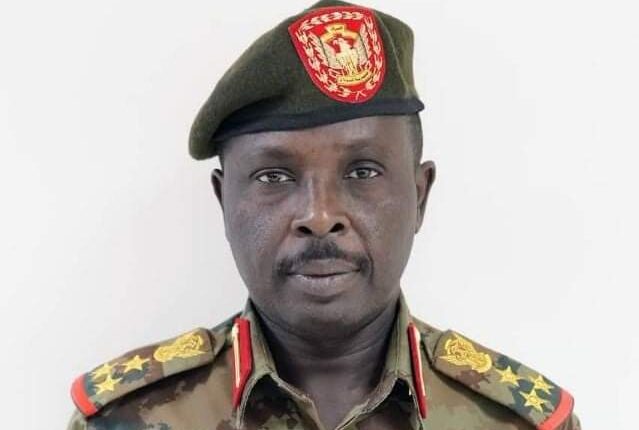Sudanese army will not serve as tool for political forces: spokesman
September 15, 2022 (KHARTOUM) – No political force can influence the army and use it as a tool to implement its own agenda, said the Sudan Armed Forces (SAF) on Thursday in response to a statement by the Forces for Freedom and Chang (FFC).
The political coalition on Wednesday warned against plans by elements affiliated with the former regime to create a rift between the military establishment and the civilian forces before triggering sedition between the army and the Rapid Support Forces (RSF) militias.
“The armed forces know very well how to immunize their personnel against any infiltrations and deal wisely with current challenges. Also, they are fully aware of the objectives of the actors in the political arena,” said SAF Spokesman on Thursday.
Gen Brigadier Nabil Abdallah further said that the army is working to secure the transitional period from any “kidnapping” without interfering directly in the political arena.
“There are no coup plotters in the ranks of the armed forces, which trust in the wisdom of their leadership and their ability to take what is necessary to secure the country,” he added.
After the coup, the military-led government in Khartoum allowed the Islamists to resume discreet activities, reinstated those who were working in the civil service and restored their charity groups which are used to advertise for the banned National Congress Party.
The Islamists, in return, voiced their support for the army and seek to serve as a political base for the military leaders.
In his briefing to the UN Security Council, UNITAMS head Volker Perthes stated that the elements of the former regime “are gradually returning to the political scene, to the administration, and to the public space”.
On the other hand, the elements of the former regime believe that Hemetti betrayed former President Omer al-Bashir and contributed to the collapse of the regime he was supposed to protect against any coup.
Several sources close to the deputy head of the Sovereign Council say he is not happy with the rapprochement between al-Burhan and the former regime.
Due to the structural weakness of the Sudanese political forces and the civil war in South Sudan since its independence, the army governed the country for over fifty years.
Every time, it took power with the support of a political force.
However, the overthrow of the Hamdok government in October 2021, was the first coup during a transitional period in Sudan.
Fearing for their interests and privileges, the military leaders seized power with the support of two armed groups from Darfur and a tribal component from eastern Sudan.
However, if the military leaders plan to remain in power, they need to forge a political organisation to provide them with the needed legitimacy to rule the country.
(ST)

